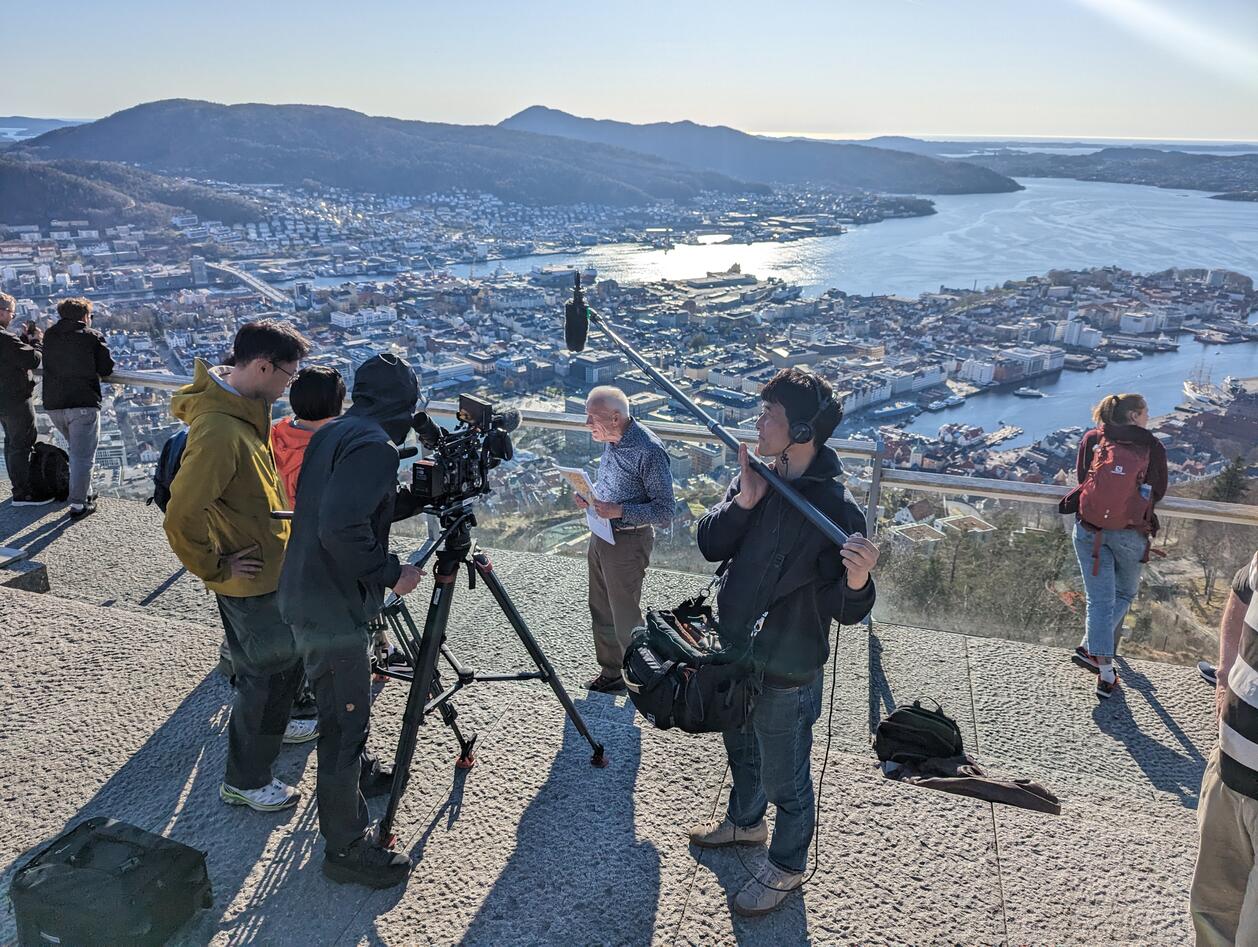International workshop on Greenland ice sheet
Last week, the Department of Earth Science hosted a successful workshop on "Greenland ice sheet stability: lessons from the past". The workshop attracted 70 international participants from various disciplines and institutions. The main goal of the workshop was to foster interdisciplinary collaboration and exchange of ideas on the past, present and future of the Greenland ice sheet.

Main content
The workshop program was packed with stimulating presentations and discussions. Every day, we had two keynote speakers who gave an overview of the state-of-the-art research on different aspects of the Greenland ice sheet, such as its dynamics, paleoclimate, and hydrology. One keynote speaker each day was from an early career scientist. In addition, we had several shorter science talks that showcased the latest findings and challenges in this field. On Wednesday afternoon, we also had a poster session where participants could interact more informally and share their work.
One of the highlights of the workshop was the time allocated for discussions that will lead to a manuscript on the Greenland ice sheet stability. This text will synthesize the current knowledge and identify the key knowledge gaps and research priorities for the future. The discussions were organized in thematic groups that reported back to the plenary session, followed by lively discussions.
The workshop was not only about science, but also about socializing and enjoying the beautiful surroundings of Bergen. On Wednesday evening, we had an excursion to Mt Fløyen where we had a panoramic view of the city and the fjords. There, we listened to a fascinating lecture by Jan Mangerud. He told us about the glacial history of western Norway and how it might provide a template for the future of the Greenland ice sheet. His lecture was recorded by a TV team from South Korea that also interviewed him afterwards.
We are very grateful to all the participants for their active involvement and contributions to the workshop. We also thank our sponsors: the GRISO and Ghub projects, both funded by the US NSF, and the SINERGIS project of the RCN. These projects enabled us to cover most of the costs of the workshop and provide travel support to some participants. Last but not least, we thank our students who helped us with the organization and logistics of the workshop.
We are confident that this workshop will have a lasting impact on the research community and stimulate further collaborations and publications on the Greenland ice sheet stability. We look forward to seeing you again at future events
